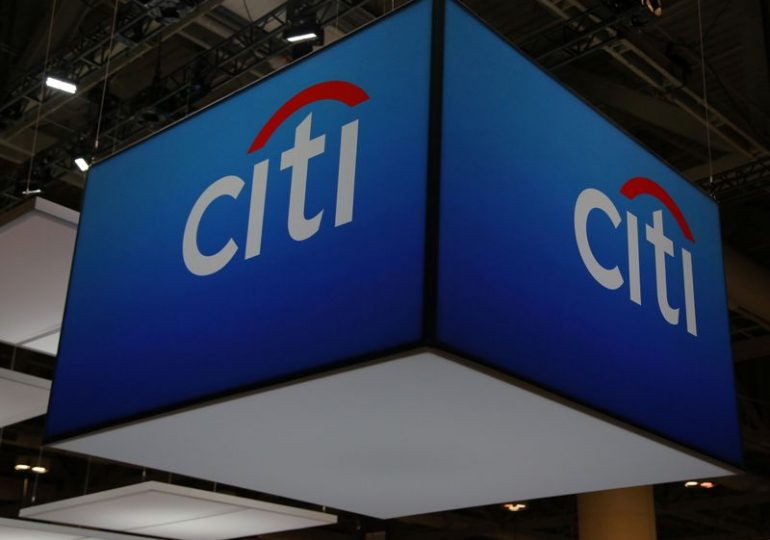3/3  © Reuters. The Citigroup Inc logo is seen at the SIBOS banking and financial conference in Toronto 2/3
© Reuters. The Citigroup Inc logo is seen at the SIBOS banking and financial conference in Toronto 2/3
(Reuters) – Citigroup Inc (NYSE:C), Deutsche Bank AG (NYSE:DB), Australia and New Zealand Banking Group Ltd and six of the firms' former staff were committed to stand trial in Australia on Tuesday after pleading not guilty to colluding during a share issue.
In the country's biggest white collar criminal case, the Australian Competition and Consumer Commission (ACCC) has brought charges against the financial giants, their client and their former executives, accusing them of colluding to keep stock they were trying to sell to stop the price falling.
The matter has crawled through numerous hearings in a local court in Sydney as lawyers for each defendant sought to cross-examine prosecution witnesses and question whether regulators followed due process as they gathered evidence.
Now, with the formal pleas of not guilty, the matter will go to trial in the Federal Court, more than two years since the charges were brought and five years since the A$2.5 billion ($1.8 billion) stock issue for ANZ took place. A trial date has not yet been set.
ACCC chair Rod Sims declined to comment since the matter was before the court.
Citi denied the allegations, as it has done throughout, while Deutsche Bank (DE:DBKGn) said it would defend the charges. ANZ, Australia's fourth-largest retail bank, declined to comment.
The case is being closely watched by financial markets participants around the world because it could influence how capital raisings are conducted.
For companies, each criminal cartel charge could mean a fine of up to A$10 million or three times the amount the company benefited from the actions in question, whichever is greater.
Individuals face sentences of to up to 10 years' imprisonment, fines of up to A$420,000, or both.
Leave a comment
